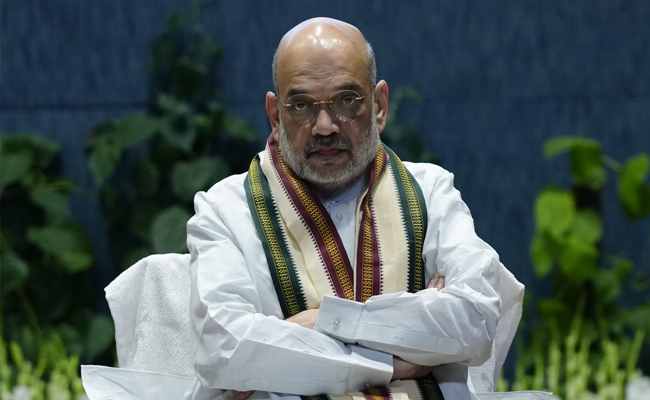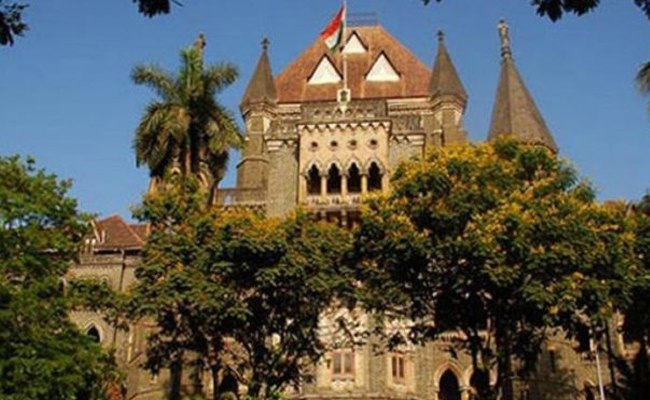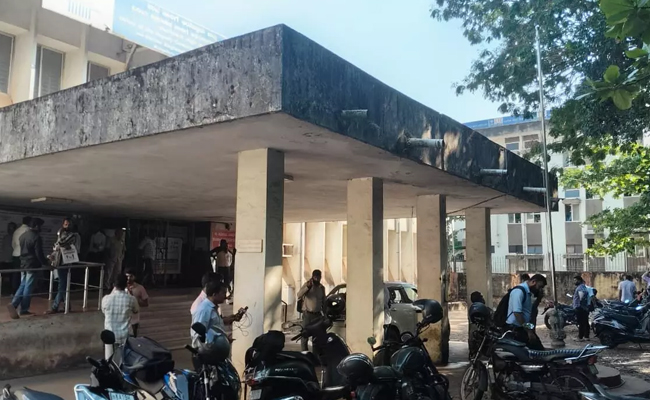New Delhi: Canadian and US reports have alleged that India's Union Home Minister, Amit Shah, authorised intelligence-gathering operations and attacks on Sikh separatists in Canada. These allegations emerged following Canadian police's purported collaboration with the US in gathering evidence. Canadian Prime Minister Justin Trudeau cited "clear and compelling evidence" of Indian involvement in covert actions targeting Sikh separatists.
According to The Wire, which referenced a report from the Washington Post, Canadian officials provided this evidence to the Indian government, implicating Shah and a senior official from the Research and Analysis Wing (RAW). The information was shared during a confidential meeting between Canadian officials and India’s National Security Adviser, Ajit Doval, in Singapore on 12 October.
The report claims that the evidence is based on texts and conversations involving expelled Indian diplomats, though the accuracy of these details remains uncertain. Canada had previously requested the lifting of diplomatic immunity for further questioning, a request that India denied, resulting in the expulsion of six diplomats, including India’s High Commissioner to Canada.
This escalation follows Trudeau's earlier accusation that Indian agents were involved in the June 2023 killing of Khalistan advocate Hardeep Singh Nijjar. Initially, Trudeau cited "credible intelligence" but has since expressed stronger confidence in the claims.
The latest accusations involving Shah suggest a higher level of involvement within the Indian government. Indian officials have yet to respond, and former diplomats have voiced surprise at the idea of a senior minister being directly involved in such operations. Some retired intelligence officers have also questioned whether these activities fall within Shah’s jurisdiction.
The allegations draw parallels to previous accusations against Shah, notably from his tenure as Gujarat’s home minister, where he faced charges over extrajudicial killings. He was later acquitted after Narendra Modi became prime minister.
Canadian authorities are believed to have gathered more evidence, potentially with US assistance, linking the Indian government to an assassination plot targeting a Khalistan advocate in New York. The alleged plot has led to charges against an Indian national, Nikhil Gupta, for attempted murder.
Canada has also accused India of outsourcing attacks on Sikh separatists to criminal gangs, including the Lawrence Bishnoi gang.
Let the Truth be known. If you read VB and like VB, please be a VB Supporter and Help us deliver the Truth to one and all.
Panaji (PTI): The Bombay High Court on Monday converted a civil suit against Birch by Romeo Lane nightclub into a Public Interest Litigation (PIL) saying "someone has to be held accountable" for the tragedy in which 25 people were killed.In a stern observation, Goa bench of the High Court of Justices Sarang Kotwal and Ashish Chavan said the local panchayat had "failed to take suo motu cognisance" of the club and had taken "no action despite complaints."
The division bench directed the Goa government to file a detailed reply on the permissions granted to the nightclub.
The High Court, while fixing January 8 as the next date of hearing, pointed out that commercial operations were continuing in the structure despite it having been served a demolition order.
The original petition was filed after the December 6 tragedy by Pradeep Ghadi Amonkar and Sunil Divkar, the owners of the land on which the nightclub was operating.
ALSO READ: Veteran Congress leader Shamanuru Shivashankarappa laid to rest with full state honours
Advocate Rohit Bras de Sa, the lawyer representing the petitioner, was made amicus curiae in the matter and has been asked to file a detailed affidavit in the matter.
In their petition, Amonkar and Divkar highlighted "the alarming pattern of statutory violations that have remained inadequately addressed despite multiple complaints, inspections, show-cause notices, and even a demolition order".
They contended that these violations posed "immediate threats to public safety, ecological integrity, and the rule of law in the state of Goa."
Investigations by multiple agencies into the nightclub fire have revealed various irregularities, including lack of permissions to operate the nightclub.
The Goa police arrested five managers and staff members of the club, while co-owners Gaurav Luthra and Saurabh Luthra have been detained in Thailand after they fled the country.





